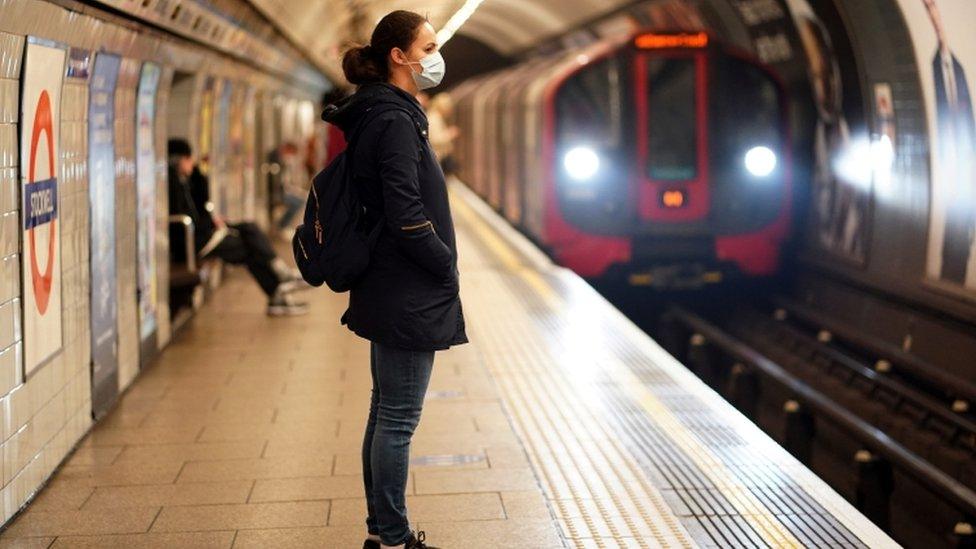London mayoral elections 2021: What do the manifestos say?
- Published
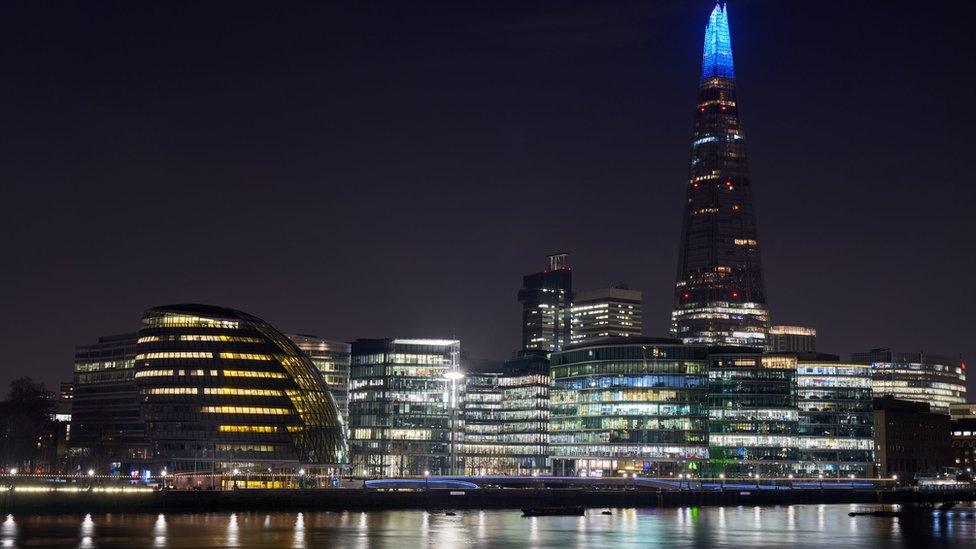
There are immense challenges facing the next mayor of London.
He or she will lead London's public health and economic recovery after a year of Covid restrictions, as well as being responsible for keeping the capital moving and making its streets safe.
The candidates for the four largest parties in London have now set out their policies on policing, the economy, housing, transport and the environment.
What do their manifestos say?
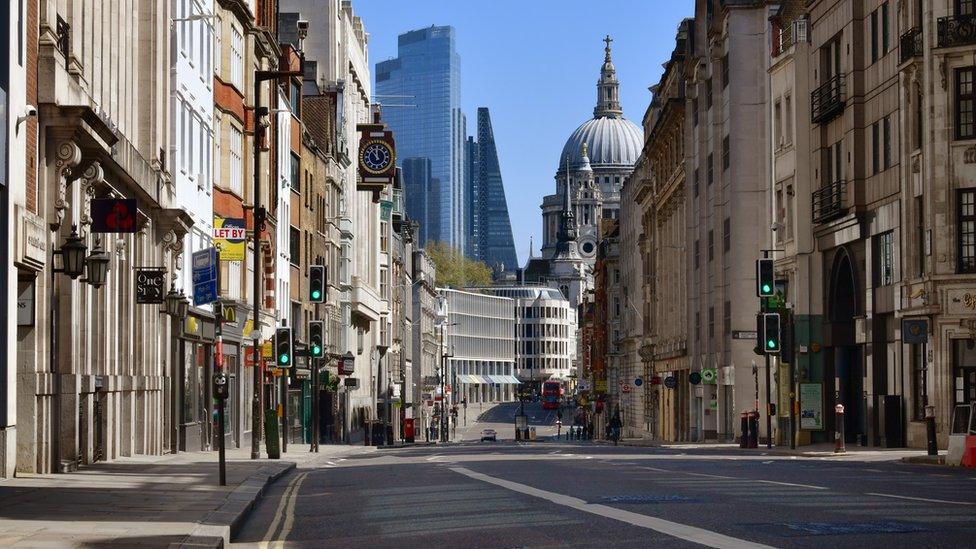
Covid recovery
London has borne the brunt of the economic fallout from coronavirus worse than any other region.
The next mayor of London will have a £19bn budget and plenty of economic levers at their disposal, although all of the main money-raising and spending decisions will be made by central government.
Sadiq Khan, Labour
Help the more than 300,000 Londoners who lost their jobs during the pandemic to get back to work
Invest £50m as part of a "green new deal" to support more than 170,000 green jobs
Keep the London Recovery Board, external, which was set up to help the capital bounce back from the pandemic
Invest £5m to attract Londoners and tourists back to the West End
Set up a "good work fund", which will spend £32m on four skills academies
Shaun Bailey, Conservative
Create 924,000 jobs in London over the next five years, largely through building projects
Introduce a London Infrastructure Bank to raise £10bn in private funding over three years
Scrap the following: the planned increase of the mayor of London's precept on council tax; the planned Ultra Low Emissions Zone expansion; the Congestion Charge increase set out as part of the TfL bailout; and a planned boundary charge to drive into London
Set up a £9m High Street Recovery Fund
Sian Berry, Green
Set up a "creative autonomy allowance", giving 1,000 young people £10,000 for three years to pursue creative careers
Set the London Living Wage at £14 an hour from 2022
Publish a new waste reduction strategy to encourage the "reduction, reuse and repair" of products
Luisa Porritt, Liberal Democrat
Establish a "reinvent the high street taskforce" to support retail, co-working homes and restaurants on London's high streets
Set up a "London apprenticeships hub" to offer technical support to businesses and help smaller business access apprenticeship schemes
Trial a universal basic income that provides automatic income support to ensure people can afford food and household bills
Set up a rent relief fund to help small businesses

LONDON'S ELECTION: THE BASICS
What's happening: On 6 May, people will vote to elect a mayor and 25 members of the London Assembly. Together they form the Greater London Authority, which governs the capital.
Why does it matter? The mayor has a £19bn budget, is responsible for transport and policing and has a role in housing, planning and the environment. The London Assembly holds the mayor to account. Find out more here.
Who is standing? There are 20 candidates running for London mayor and a full list can be found here.

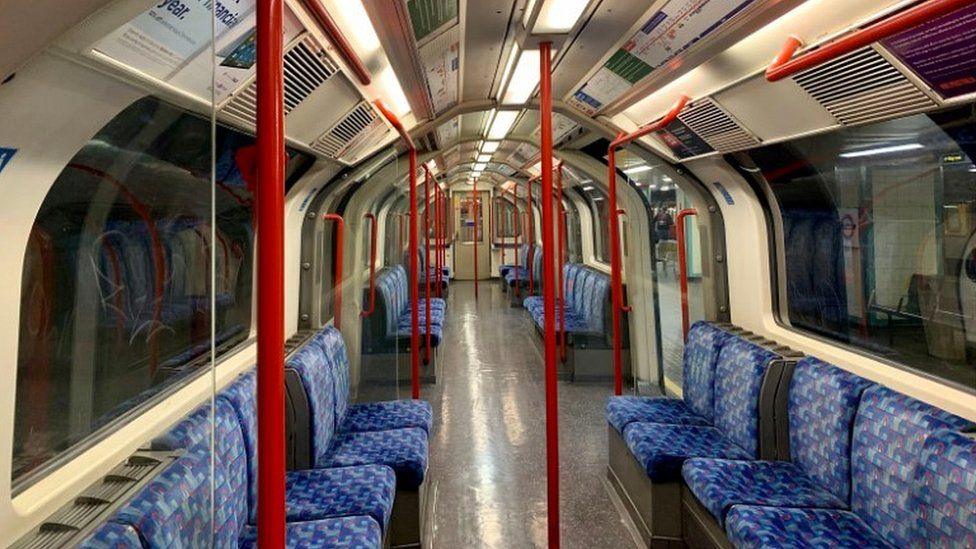
Transport
The mayor sits as the head of Transport for London (TfL), which before Covid handled up to five million passenger journeys in the capital a day.
Since coronavirus hit, the government has provided £4bn in emergency funding to keep TfL solvent.
Keeping TfL running and independent will be a key challenge over the next mayoral term.
Sadiq Khan
Open Crossrail, the new line running from Reading to Essex through central London, "as soon as possible"
Work to change the TfL funding model so it is more "sustainable" over the long term
Explore the use of "more dynamic fare pricing", while protecting the "freedom pass" for disabled and older Londoners
Introduce 4G across the transport network
Shaun Bailey
Allow companies to sponsor Tube stations and Underground lines and use that money to protect free travel for the under-18s and over-60s
Use the London Infrastructure Bank to fund things like Hammersmith Bridge repairs and Tube upgrades
Introduce 30 minutes' free parking for outer boroughs
Restore Outer London bus routes
Suspend Low Traffic Neighbourhoods in places where they are opposed by the local community
Sian Berry
Merge Zones 4, 5 and 6 to "flatten fares" and move towards a single fare zone for all London
Establish a "smarter, privacy-friendly road-pricing plan" to replace the Congestion Charge and Ultra Low Emissions Zone (ULEZ)
Aim to reduce London's overall traffic miles by 40% by 2026 and 60% by 2030. Close streets near schools and play areas to traffic, for "community use" during key times
Commission a redesign of London's bus stops
Work towards zero deaths on London roads
Luisa Porritt
Build Crossrail 2 and the proposed extension of the Bakerloo Line, and contribute more to the costs of repairing Hammersmith Bridge
Introduce flexible cards so that commuters can opt for a discounted four-day-a-week pass, saving flexible workers an estimated £520 a year
Pioneer a "smart, fair, privacy-friendly pay-as-you-go" road-charging scheme
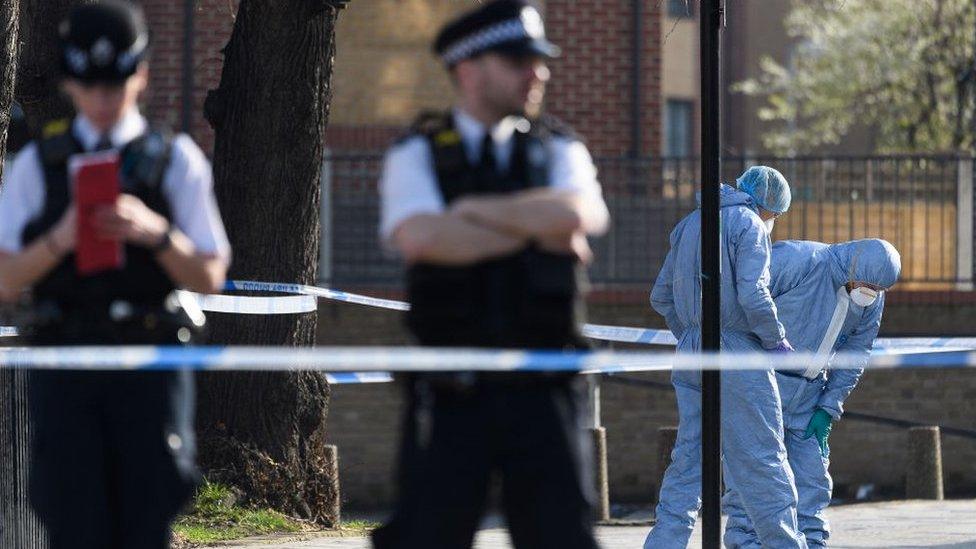
Crime and policing
About 30% of the Metropolitan Police's budget comes from the mayor, with the remainder coming directly from national government.
But the mayor has a key role in setting police policy and staffing levels. He or she acts as the police and crime commissioner for London.
Sadiq Khan
Aim to hire 6,000 extra police officers, by ensuring London gets its "fair share" - if the Conservatives meet their 2019 general election pledge to have 20,000 extra officers nationally
Establish a London drugs commission to pull together latest evidence on the effectiveness of drug laws with a particular focus on the merits of decriminalising cannabis
Maintain London's programme to prevent violence against women and girls
Reinvest in the "rescue and response" programme, to tackle county lines offending
Shaun Bailey
Hire 8,000 more police officers, and ensure each London ward has a neighbourhood policing team of one sergeant, two constables and three PCSOs
Reopen 38 police stations
Establish an Office for Community Policing to tackle underlying social problems
Develop a £11.3m "second chances fund", offering qualifications to ex-prisoners aged 19 and above
Open 32 youth centres, one in every borough, and hire 4,000 new youth workers
Increase the use of intelligence-led stop and search
Sian Berry
Set a target of zero murders in London within 10 years
Decentralise decision-making, giving more power, finance and responsibilities to Met Police borough command units
Set a 50-50 gender-balanced recruitment target for new Met Police officers
Deprioritise the policing of cannabis consumption in London and stop police using "just the smell of cannabis" to justify stop and search
Luisa Porritt
Call a moratorium on police station closures and look to reopen 30 closed police stations
Double the number of dedicated ward officers, pledging to give every neighbourhood at least four police officers by 2024
End the use of "suspicion-less stop and search"
Effectively legalise cannabis by encouraging the Met Police not to prosecute cannabis crimes
Appoint a "women's board" made up of survivors and stakeholder groups to hold the mayor's office to account on its strategy regarding violence against women and girls
Develop new policies, including making misogyny a hate crime
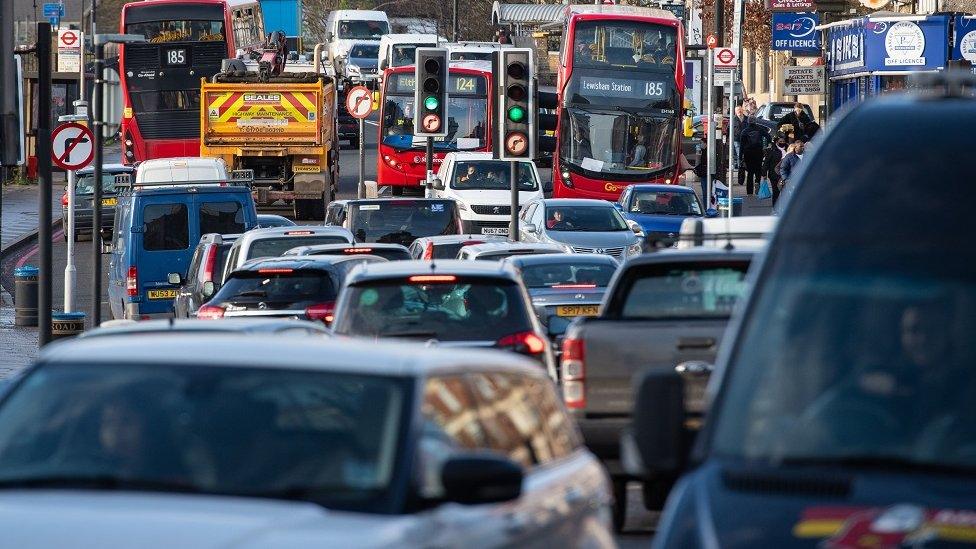
Environment
What happens in London to deal with the environment and air quality is linked to national and global decisions.
However, the mayor has some powers over London's roads and can legislate to limit exposure to certain pollutants. The Congestion Charge and the Ultra Low Emission Zones both came from the mayor's office.
The mayor also has the power to put cycle lanes on London's main roads, although local councils are responsible for all other roads.
Sadiq Khan
Make London zero-carbon by 2030
Bring forward TfL's plans to have a zero-emission bus fleet by 2030
Expand the Ultra Low Emissions Zone up to the North and South Circular Road by October 2021
Protect London's green belt from development
Work towards making London a zero-waste city through preventing waste and "reusing, recycling or recovering"
Shaun Bailey
Make TfL's bus fleet zero-emission by 2025
Offer a £6,000 interest-free loan to black-cab drivers who want to transition from diesel to electric vehicles
Plant 500,000 extra trees across London
Oppose the expansion of Heathrow Airport
Sian Berry
Oppose all airport expansion and "plan to reduce flights dramatically in line with climate goals"
Cancel the Silvertown Tunnel project, a twin-road tunnel beneath the River Thames in east London, and the Croydon Fiveways road redesign
Make London zero-carbon by 2030, including establishing a zero-emission bus fleet by this time
End incineration or landfill, making London a zero-waste city by 2030
Make all Greater London Authority (GLA) operations run on 100% renewable energy by 2026 and set up a green energy company owned and run by Londoners
Set up a "habitat crime unit"
Reduce the use of meat and dairy in GLA catering and use TfL advertising to promote a plant-based diet
Luisa Porritt
Scrap the Silvertown Tunnel project
Double expenditure on cycle infrastructure by 2024, including extending the cycle hire scheme and making its bikes free on Sunday for a year
Ensure London buses are electric or run on hydrogen by 2028
Install green roofs, which use plants and vegetation to insulate homes and improve the atmosphere, on all new buildings
Create 10 more parks in London
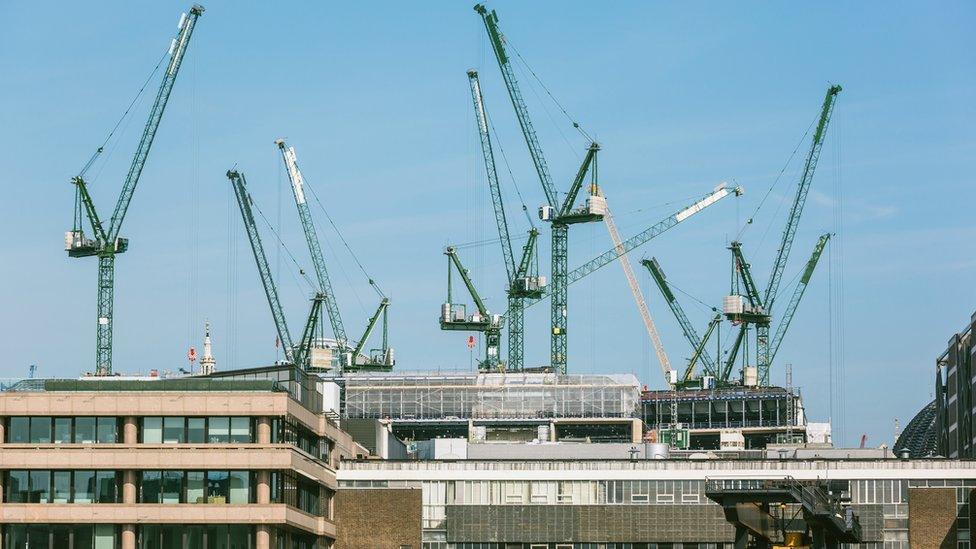
Housing
City Hall estimates London requires about 66,000 new homes a year to provide enough dwellings for current and future Londoners.
The mayor's main powers involve setting targets on numbers and affordability of homes, and then working with local authorities and developers to reach these goals.
He or she can also reject or approve larger house-building projects.
Sadiq Khan
Build 10,000 new council homes
Give frontline workers priority for new "intermediate homes", where rent is set below 80% of market rents
Pilot a City Hall-run housing development scheme to build homes in London
Set a target for 50% of all new homes to be "genuinely affordable"
Shaun Bailey
Build 100,000 shared-ownership homes to be sold for £100,000 to first-time buyers
Create a City Hall-controlled developer - half of all homes created by this developer would be "affordable"
Establish a "rogue landlords unit" to help boroughs tackle bad landlords
Sian Berry
Set up a "people's land commission" to find new sites for small homes
Set up a "rent commission", freezing private rents until the commission establishes new targets
Redefine the London Living Rent, external - set at a third of local household incomes - to take better account of the "wage gaps faced by households led by women and African, Caribbean, Asian, Latino and other minority ethnic Londoners"
Close City Airport and use the area for housing
Luisa Porritt
Establish a London housing company to take control of delivering the homes needed in the capital. The scheme would bring empty homes and offices back into use, "maximise use" of public land and build on sites of its own
Ban developers that have failed to take action on building safety defects from working on mayoral housing projects
End homelessness, with a focus on giving young people 24/7, year-round access to shelter

Read the manifestos of the mayor of London candidates below:

Postcode search: Who is standing in your area
A £17bn budget: What does the London mayor do?
Simple guide: All the elections on 6 May 6

- Published20 April 2021
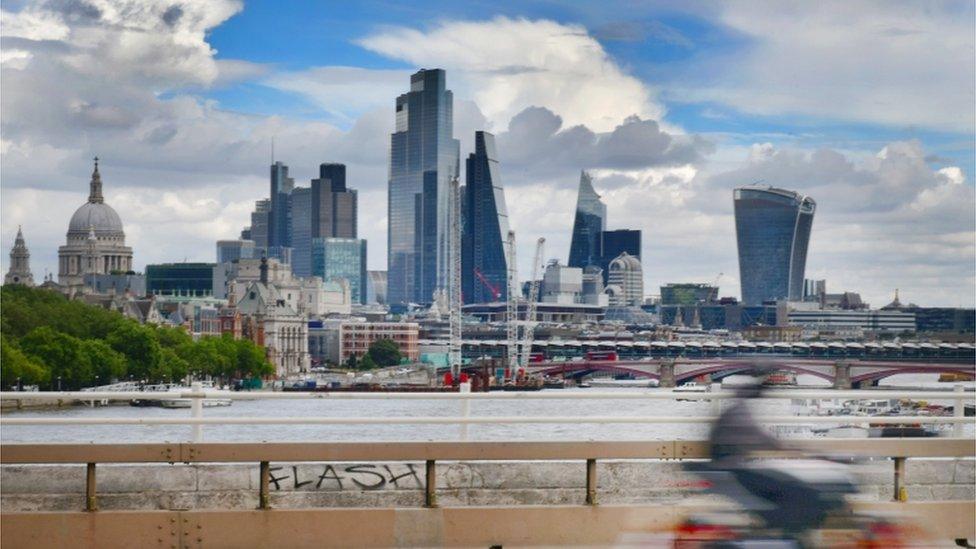
- Published22 March 2021
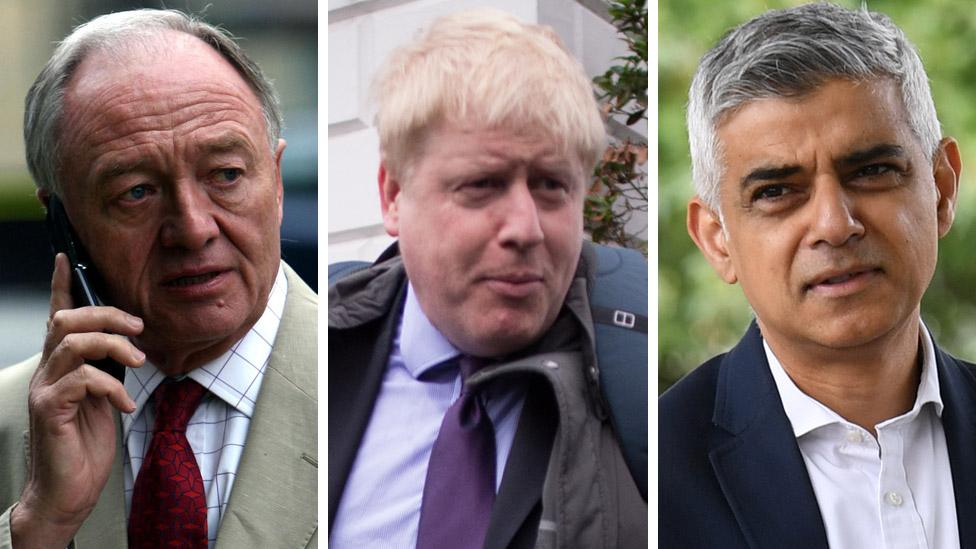
- Published27 October 2020
